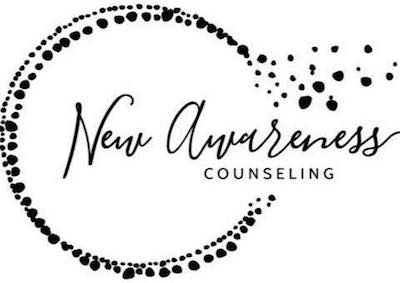“There is no such thing as failure. There are only results.” – Tony Robbins
It was late spring during the second semester of my graduate program. I was just finishing up my first practicum (where we were able to practice doing therapy) and thought everything was going great. I was getting all A’s in the program and had developed a number of close friendships with some of the other students.
My perception of how things were going was quickly smashed to pieces after I opened up a letter from the university. Sometimes I wish I would have saved it so I could tell you verbatim what it said and how upsetting it was to me. It said things like “at times you appear very (fill in the blank) while other times you do not perform well in this area.” It was very confusing and contradictory. I was completely devastated and felt like a failure.
Because it was so confusing I went to speak to several professors to get more feedback. It became clear that much of the feedback was coming from a single professor, so I scheduled a time to discuss her concerns. She said things that made me question myself – really question myself. There was even a point where I thought about quitting the program because I didn’t want to become a therapist if what she told me was true.
Here’s the thing. I needed to learn about myself to get through this. I had to push myself to get more confident, work on areas of weakness, and bring in people whose opinions I trusted and respected. So that is what I did. By the time I graduated the same professor told me how much I had changed. Honestly much of the change was being able to move out of my fear around her opinion of me.
I hate the word failure. It implies that there is something inherently wrong or deficient about us and it is one of the major causes of shame for many of my clients. This is going to sound super cheesy – so bare with me – but to me there is no such thing as failure. When things don’t go how we thought they would it is truly a learning experience. We are getting important feedback about our performance, relationships, the world, etc. Instead of letting it be something that holds us back we can figure out what this experience is here to teach us and how to move forward.
The concept of this is simple but it is not necessarily easy. That period of time in grad school was painful but it is a really important part of my story and a part of who am I today. Here are a few things that will help during this process:
- Having a support person or network. It keeps us aware of blindspots and allows us someone to lean on when we feel worn down.
- Taking good care of ourselves. Most of us already know this will help yet still don’t make time for it. Prioritize your self care! If it’s not on your schedule it’s unlikely to happen.
- Write alternative endings. When you feel like your failure is going to ruin your life or really mess things up, push yourself to consider what other “endings” your story might have. Instead of “I’ve failed and my life will be miserable” you could say “I picked myself back up and took my life in an exciting direction I wasn’t anticipating.” Come up with at least 5 endings and know that it’s okay if some of them are negative. Our brain naturally does this in an attempt to keep us safe. We don’t need to fight it, just consider that there are positive outcomes that can also happen.
If these aren’t doing the trick you may want to reach out to a professional to help you move forward. This also helps expand your support network and typically helps you to get past it faster.

